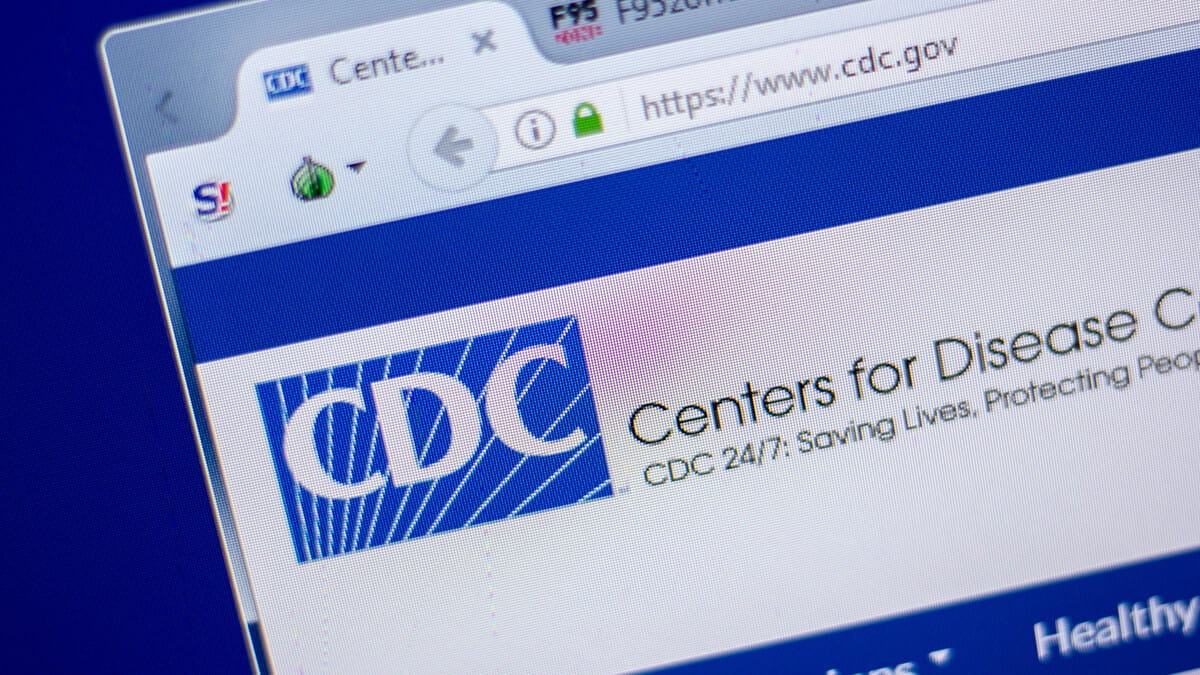Begun in 1942 for the primary purpose of fighting malaria, the Centers for Disease Control and Prevention (CDC) has since become a vital part of the nation’s public health system. From chronic-disease prevention programs to detecting new and emerging health threats to promoting healthy and safe behaviors, the CDC works to protect and improve all areas of our health. And most of the CDC’s public health programs begin with disease surveillance and monitoring.
What Is the CDC’s Disease Surveillance and Monitoring Program?
The CDC’s disease surveillance and monitoring program is made up of a series of systems designed to track health threats, the leading causes of death, healthcare accessibility, health disparities between regions and population groups, and other public health concerns. In other words, the program keeps a close eye on public health trends. This ensures the rest of the agency has the facts it needs to prioritize efforts and develop effective responses to public health issues.
Which Tracking Systems Does the CDC Use in Its Surveillance and Monitoring?
The CDC uses five primary systems for surveillance and monitoring.1 They are:
- The National Vital Statistics System
A state-level system through which every state collects and disseminates statistics on births, deaths, marriages, and fetal deaths. - Laboratory Tracking
A system that connects laboratories throughout the nation to the CDC for the purpose of learning about tuberculosis; HIV; influenza; hospital infections; foodborne and waterborne illness; and other viral, bacterial, and parasitic diseases. - Global Disease Detection Program
A system operating outside the United States through which the CDC helps other countries monitor, detect, report, and respond to health threats. This, in turn, helps the CDC protect the U.S. from emerging health threats and learn more about common health issues. - Behavioral Risk Factor Surveillance System
A system that allows states to find data on health behaviors within their borders, which helps them develop public health policy. Data is collected monthly in all 50 states, covering issues ranging from seatbelt use to influenza vaccine availability. - National Environmental Public Health Tracking Network
A system that monitors the quality of the nation’s air, soil, and water and also tracks trends in chronic and other health conditions.
How Can You Start or Advance a Public Health Career?
The CDC does a lot of good for the public health. If you want to work or advance a career in such an important profession, consider earning a public health degree. In particular, a Master of Public Health (MPH degree) or a PhD in Public Health can provide you with the knowledge you need to excel in a variety of jobs in public health, ranging from community health worker to professional at the CDC. And thanks to online education, completing a degree program has never been more convenient.
Today, a number of the best public health degree programs offer an online learning format, which makes it possible to earn your Master of Public Health or PhD in Public Health degree from the comfort of your home. Additionally, when you study at an online university, you won’t have to attend class at a specific time of day. Instead, you can choose when in the day you attend class, which can allow you to be enrolled in a public health graduate program while continuing to work full time.
From monitoring health issues to developing plans and policies to help make us healthier, public health professionals are helping to improve our lives. Through an online public health degree program, you can gain the skills you need to help the public health field make a difference.
Walden University is an accredited institution offering Master of Public Health (MPH) and PhD in Public Health degree programs online. Expand your career options and earn your degree using a convenient, flexible learning platform that fits your busy life.
1Source: www.cdc.gov/about/facts/cdcfastfacts/surveillance.html
Walden University is accredited by The Higher Learning Commission, www.hlcommission.org.




